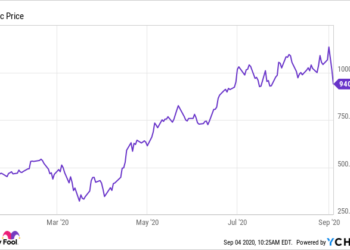Introduction:
Cigarettes, a widely consumed product worldwide, have long been a topic of discussion regarding their safety and health implications. However, an often overlooked aspect of cigarettes is their expiration date. Many individuals wonder if cigarettes do, indeed, expire, and if so, what happens when they do. In this article, we will explore the concept of cigarette expiration, shed light on the factors that influence their shelf life, discuss the potential risks of smoking expired cigarettes, and provide some frequently asked questions to clarify any lingering doubts.
Understanding Cigarette Expiration:
- What is the expiration date of cigarettes? do cigarettes expire typically come with an expiration date stamped on the pack. This date is an estimation of when the cigarettes may start to deteriorate in quality, freshness, and taste. However, it is important to note that this date is not a safety indicator but rather a suggestion for optimal enjoyment.
- Factors influencing cigarette shelf life: Several factors can influence the shelf life of cigarettes, including the packaging, storage conditions, and the presence of additives. Proper packaging, such as foil-lined packs, can protect cigarettes from moisture and light, extending their shelf life. Storage in cool, dry places away from direct sunlight also helps maintain the quality of cigarettes. Additionally, cigarettes with fewer additives tend to have a shorter shelf life due to the absence of preservatives.
Risks Of Smoking Expired Cigarettes:
- Changes in taste and aroma: As cigarettes age, their taste and aroma can change due to the breakdown of chemical compounds within the tobacco. This can result in a less satisfying smoking experience.
- Reduced nicotine content: Over time, nicotine levels in cigarettes can diminish, affecting the intensity of the smoking experience. Smokers who are accustomed to a certain level of nicotine may find expired cigarettes less satisfying or may be tempted to smoke more to compensate for the lower nicotine content.
- Increased health risks: While the expiration of cigarettes does not necessarily render them harmful, the overall quality and freshness of the tobacco may be compromised. Smoking expired cigarettes may expose individuals to an increased risk of inhaling degraded compounds and potentially harmful by-products, which can have adverse health effects.
Conclusion:
In conclusion, while cigarettes do not have a definitive expiration date in terms of safety, they can lose their freshness and quality over time. Factors such as packaging, storage conditions, and the presence of additives can affect the shelf life of cigarettes. Smoking expired cigarettes may result in changes in taste and aroma, reduced nicotine content, and potential health risks due to the degradation of tobacco compounds. It is advisable to consume cigarettes before their expiration date for an optimal smoking experience.
FAQs:
- Can I smoke cigarettes after the expiration date? Technically, you can smoke cigarettes after their expiration date, but their quality and freshness may be compromised. It is recommended to consume cigarettes before their expiration date for the best experience.
How long can cigarettes last past their expiration date? The shelf life of cigarettes can vary depending on various factors. In general, cigarettes can still be consumed several months past their expiration date, but their taste, aroma, and nicotine content may be noticeably different. It is advisable to use your discretion and consider the overall quality before smoking expired cigarettes.












